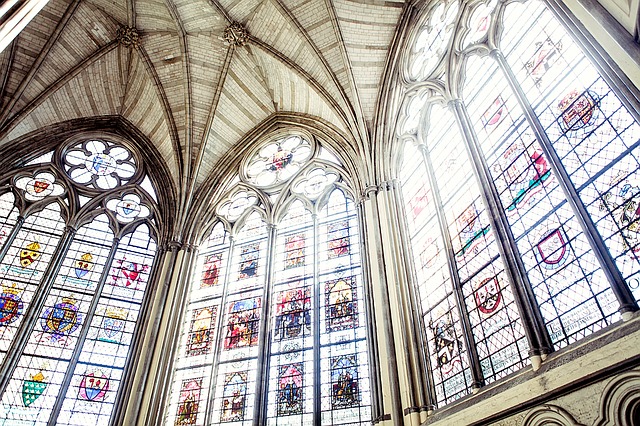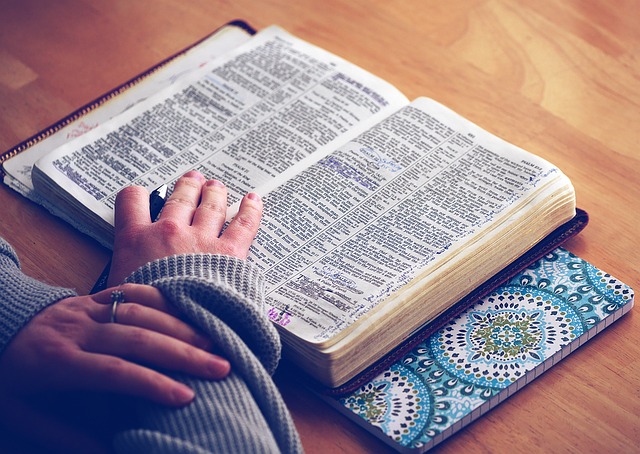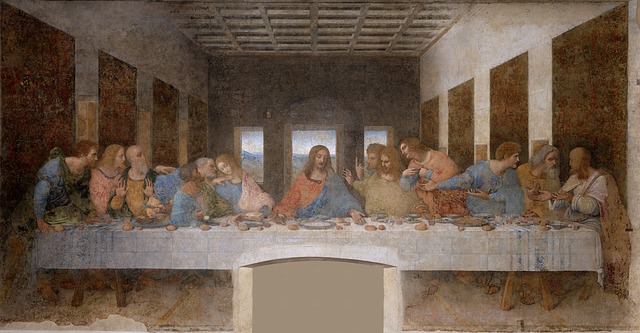Theocracy
Belief in God has nurtured man and contributed to his evolution and the development of civilization and ethics. On the other hand, religious totalitarianism through religious wars and theocracy has brought mankind to the bottom. Both can happen hand in hand. Priests were very powerful in their respective societies. They were so powerful that pharaohs, emperors, and kings followed them. They wanted power, but they did not want to betray God or the gods.
While the common priests who followed the common people rubbed shoulders with the poverty of scarcity, the church dignitaries lived in luxury. In Europe, man had been tossed about like a millstone for centuries. The dictatorship of the church had prevented the development of human personality and individuality. So it was when the religious wars between Catholics and Protestants began. Fortunately, this is not the case today. Nevertheless, this does not mean that developed societies are not plagued by religious fanaticism. Nor are we referring only to certain Muslim societies based on gross human rights violations.
Although Czech society is considered secularized, there are countries in Europe where the church has too strong a voice. Poland and Slovakia are typical examples. Religious hypocrisy can sometimes seriously undermine social stability, especially if it is given sufficient space. While it is true that religion and democracy often contradict each other because faith contains values that are incompatible with a liberal approach, the rude rhetoric of church dignitaries is certainly unacceptable. It is true that in the Old Testament, angels, prophets, and the Lord Himself chose very forceful and brutal methods,to deal with pagans and other believers, but this was in accordance with their time, and even by the standards of the time these were controversial acts.
Theocracy, unlike human faith, which nurtures people, can indeed be a danger to a healthy society.
